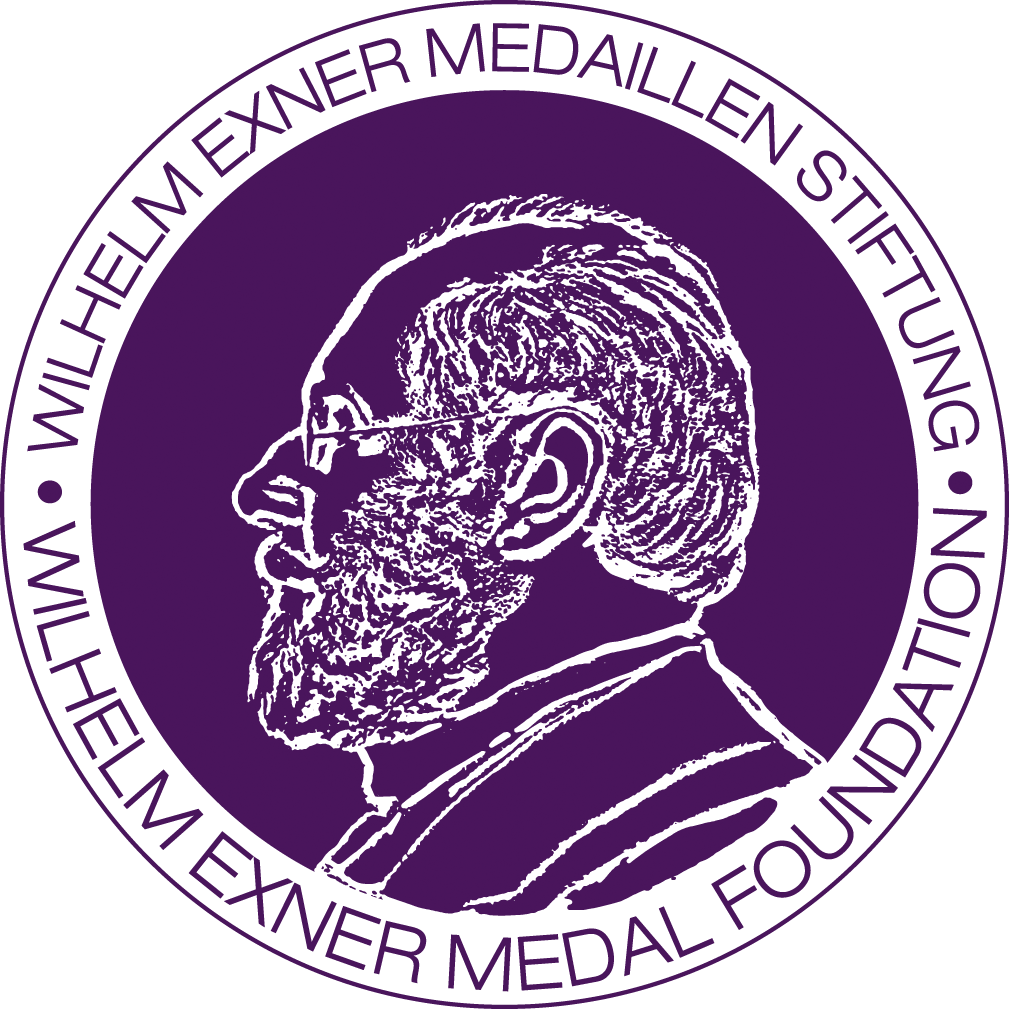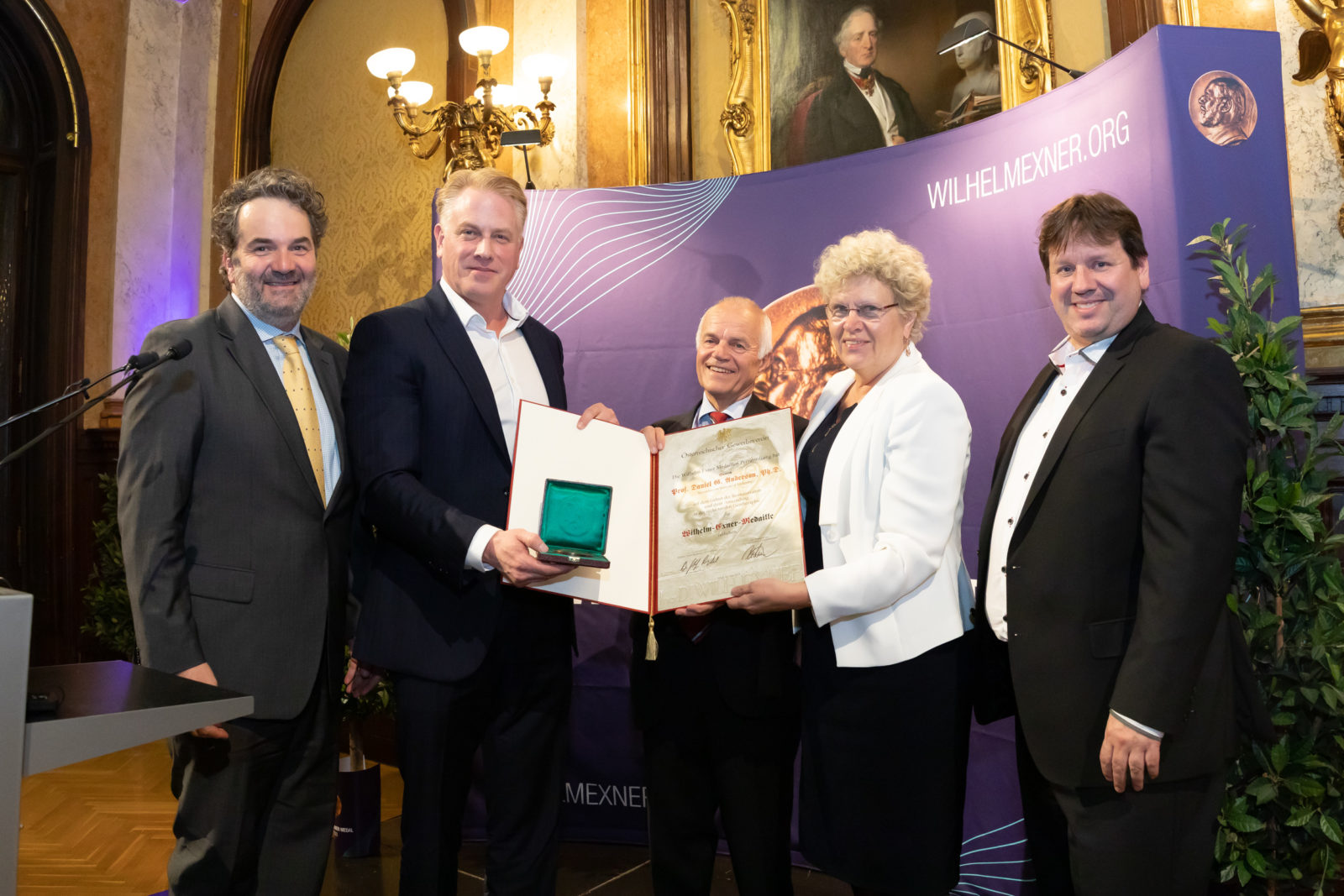Smart Materials for Medical Devices and the Delivery of Cells, RNA and genome Editors
Medical devices have revolutionized healthcare, with advanced biomaterials enabling groundbreaking treatments. One innovation involves materials that hide from the immune system and facilitate therapeutic cell transplantation without immunosuppression. Another transformative area is nanoscale drug delivery, where nanoparticles—such as the lipid-based RNA carriers used in COVID-19 vaccines—enable precise intracellular drug targeting. Beyond vaccines, these technologies hold vast potential for genetic therapies, offering new ways to prevent, treat, or even cure diseases. This presentation explores the development and broader therapeutic applications of nanoparticles and RNA in human therapeutics, highlighting their promise in addressing a wide range of diseases.
Daniel G. Anderson (Massachusetts Institute of Technology USA)


